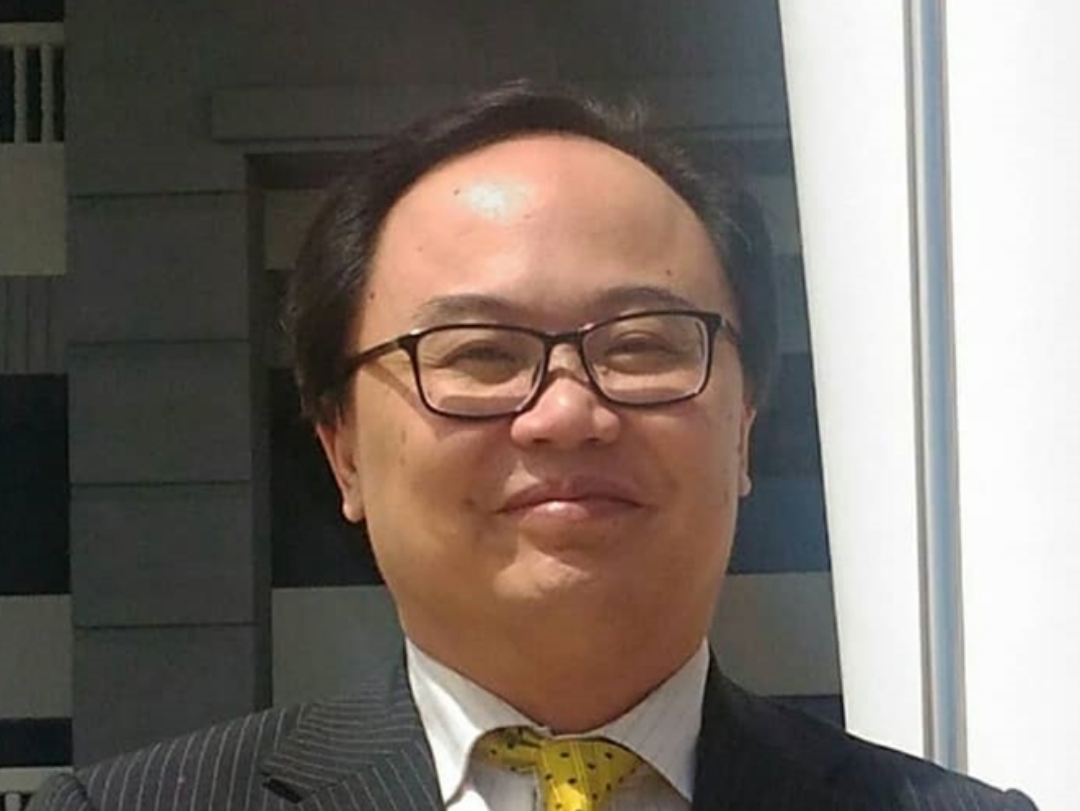ADVERTISE HERE

Prof Dr James Chin
KUCHING (Sept 18): Sabah and Sarawak should reject a proposal to increase Dewan Negara seats allocated to both states as it is merely a “trick” to maintain the status quo in the Dewan Rakyat, said Prof James Chin.
The scholar on East Malaysian politics said the suggestion showed a lack of understanding of the Borneo states’ historical grievances and claim to one-third of seats in both Houses.
“Firstly, the Dewan Negara has minimal political legitimacy in Malaysian politics because it is a totally appointed House. Its members are not directly elected by the populace. That is why, for many years, debates in the Dewan Negara have received less attention than those in the Dewan Rakyat.
“Furthermore, many of the individuals nominated to Dewan Negara are viewed as ‘reward’ for post-political service. Hence the significant number of retired politicians in the Dewan Negara,” Chin said in a statement today.
He said secondly, all major legislation is introduced in the Dewan Rakyat where the actual discussion occurs.
As for the Dewan Negara, he explained its members only debate laws enacted by the Dewan Rakyat and hence lack the legislative authority to block significant bills.
“Thirdly, all major political players, including the Prime Minister, his deputies, and the majority of ministries, are from the Dewan Rakyat. Ministers from Dewan Negara are commonly regarded as ‘backdoor’ ministers because they are appointed to the Dewan Negara in order to serve as ministers.
“This alone demonstrates that the political establishment views the Dewan Rakyat as more significant than the Dewan Negara,” he pointed out.
He stated that fourthly the Dewan Negara has no real power to block laws other than to delay them.
As such, Chin pointed out the one-third seats allocation in the Dewan Rakyat is designed to restore Sabah and Sarawak’s ability to block constitutional amendments if they disagree with Peninsular Malaysia.
“Fifth, it is clear that the original intention of the framers of the Constitution wanted Singapore, North Borneo, and Sarawak to hold a veto over Malaya. This is to ensure that Malaya cannot alter the Federal Constitution at will,” he added.
He reminded everyone that provisions under the Malaysia Agreement 1963 (MA63), Chapter 3 para 9 clearly showed that Singapore, North Borneo (Sabah), and Sarawak did not want Malaya to dominate Parliament in respect of constitutional amendments.
As such, he pointed out under the formula at that time, the parliamentary seats in the proposed Malaysian Federation were distributed to ensure that Singapore, Sabah, and Sarawak had veto power by having slightly more than one third of the seats in Parliament.
“When Singapore left the Federation in 1965, its 15 Parliamentary seats out of the 159 (at that time) were not redistributed to Sarawak or Sabah. This was a historical error that needs to be rectified. As time went by, the number of Parliamentary seats of Malaya grew to more than two thirds of the total Malaysian Parliament seats,” explained Chin, who is a professor of Asian Studies at the University of Tasmania, Australia.
As such, he called on Sabahans and Sarawakians to understand the proper context of asking for one third of the seats in Parliament and not to be fooled by so-called non-governmental organisations with their own agenda.
Recently, the Projek Sama group proposed giving 15 additional Senate seats each to Sabah and Sarawak, which it claimed would ensure one-third veto power to block any unilateral constitutional amendments by Peninsular Malaysia.
In a statement published by a news portal, it said the proposal dubbed Dewan Negara 35/100, would give East Malaysia 35 per cent of Senate seats so that Sabah and Sarawak have a stronger voice in the legislative process.









 English (US) ·
English (US) ·